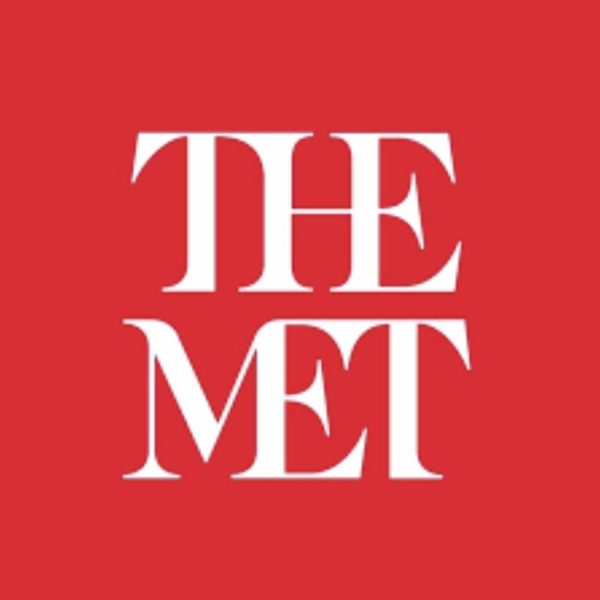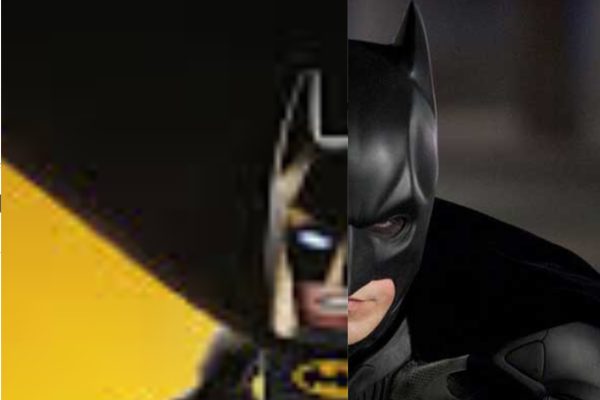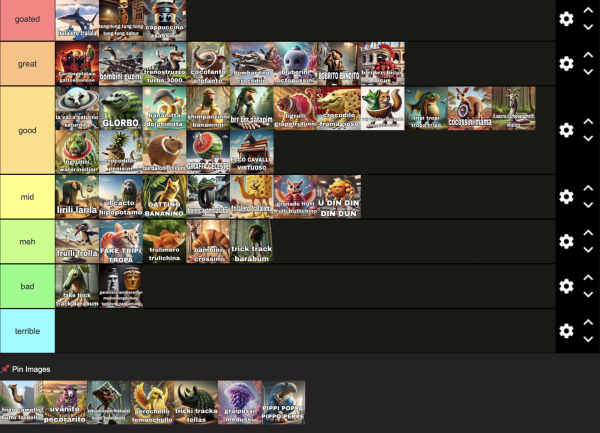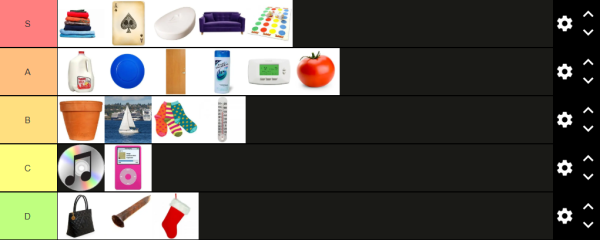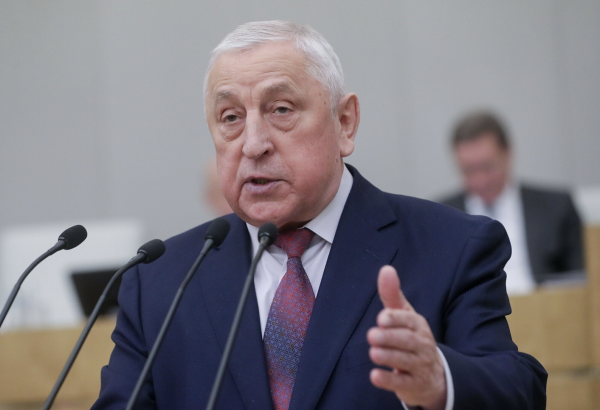Crisis in Ukraine
Respect, in its simplest terms, is admiring and honoring others. Without this social contract, the world as it functions today would not be possible. One would not be able to trust the government to protect his or her rights, one would not be able to trust his or her friends and one would not be able to trust that his or her life would run smoothly from day to day. These past few months, Vladimir Putin violated this principle when he took control and annexed the Crimean Peninsula from the country of Ukraine.
Russia annexed Crimea while Ukraine was distracted from internal conflicts. The internal conflicts originated when the previous president, Viktor Yanukovych, promised closer ties to the European Union in his campaign. Ukraine’s citizens were pleased until he redacted the developing deal with the EU in order to open economic opportunities with Russia. One hundred thousand citizens gathered in Kiev to protest the president’s actions in late November according to bbc.com.
On December 17, Russian President Vladimir Putin proposed to buy 15 billion dollars of Ukraine’s debt and lower natural gas prices coming from Russia. In the next month a total of 800,000 people gathered in Kiev to protest this deal. With the rise in protests, the government began to retaliate by using police force, and Parliament approved bills against protests. Three protesters were found dead with gunshot wounds from January 16-23. Yuiry Verbtsky, one of the dead, was a leader in the movement. The following week, Parliament abolished the previous anti-protesting law and promised to drop the charges on all arrested protestors if they agree to desert Kiev City Hall. The protesters refused, but Parliament freed all the convicted demonstrators February 14, and the protesters started leaving government buildings in Ukraine. Only four days later, extreme violence broke out in Kiev between the protestors and the police, and within two days at least 106 people, both police and protesters had been killed. Yanukovych agreed to a deal set forth by the protestors, and peace was momentarily upheld in Ukraine. On February 22, Yanukovych disappeared, protesters flooded the presidential administration buildings, and Parliament voted to remove Yanukovych from office and set new presidential elections for May 25.
In the midst of this chaos, Pro-Russia civilians in the Crimean peninsula of Ukraine took control of local administrative buildings. Within two days, Russia sent troops to Crimea to “protect ethnic Russians” living there. The Crimean rebels pleaded to be annexed by the Russian Federation. Russia replied that they would take in the peninsula only if the majority of the Crimean population voted for it. On March 16, results emerged that 97% of Crimeans wanted to join Russia. Russia backed up their promise, and Vladimir Putin formally proposed a bill to add the Crimean region to the Russian Parliament. Once the parliament approved the proposal, Russian troops stormed the military base in Simferopol, Crimea officially taking over the area and ordering Ukrainian forces to withdraw from the area a few days later on March 24.
Russia moved their forces to Crimea’s western border, adjacent to Ukraine. Fearful of Russia’s next move, Barack Obama along with other world leaders asked Russia to recall their troops. Russia has so far ignored this plea and remains a threat to Ukrainian security. Throughout this whole process Russia has been condemned by the European Union, the United States, the North Atlantic Treaty Organization, and the United Nations for its actions.

